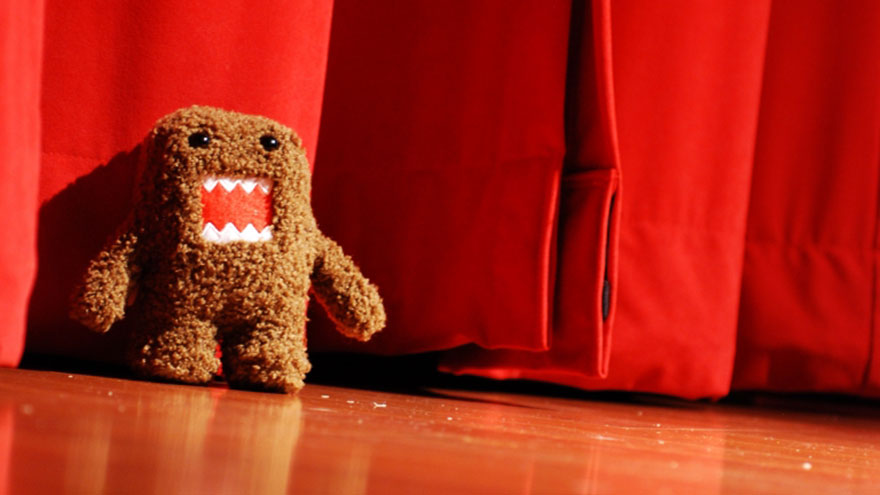Why Does Stage Fright Occur?
Stage fright is the nervousness, anxiousness, fear and phobia caused by having to perform or speak in front of an audience.
The audience does not have to be live (as in the case of television) or large; even speaking in front of three or four people may cause stage fright. The clinical definition of stage fright is “glossophobia,” and it is a relatively common phobia.

What Is Stage Fright?
Stage fright may occur before a scheduled performance or presentation or at any time during the performance. For example a performer may be fine for most of the show, but then stumble some words or lines, and this loss of composure may induce stage fright.
Stage fright can affect anyone and is sometimes associated with social anxiety disorders. Stage fright also can occur in situations in which no speaking is necessary and would simply be caused by being the center of attention. For example, a child accepting an award during a school assembly may experience stage fright getting up in front of the whole school to accept the award.
Why Does Stage Fright Occur?
Stage fright occurs primarily due to a lack of confidence and manifests as nervousness or fear. It can also be associated with not meeting the expectations of an audience, as is often the case for actors, musicians and other performers.
Stage fright is often accompanied by the release of adrenaline in the body. According to the 1985 article in “Journal of Humanistic Psychology” titled “The Causes and Treatment of Performance Anxiety: An Experimental Approach,” J.J. Barrell, D. Medeiros, J.E. Barrell and D.
Priceconducted an experiment on stage fright and found five causal elements to be present in the experience of performance anxiety:
- I perceive or imagine the presence of significant others who are able to judge me.
- I consider the possibility of my visible failure at a task.
- I feel a need to do well to avoid failure.
- I feel uncertain as to whether I will do well.
- I focus on my own behavior and appearance.’
What Are the Signs of Stage Fright?
The manifestations of stage fright vary from individual to individual. The release of adrenaline can cause increased respiration (breathing), increased heart rate, nervous jitters in the extremities and choking or closing up of the throat, and drying of the mouth.
In certain individuals the effects may be much more physical causing diarrhea, stomach cramps, chest pains, weakness or fainting. Some people have strong emotional reactions and can begin to cry, run away, become embarrassed or angry and defensive.
How to Get Past Stage Fright
There are a number of solutions to overcoming stage fright. Performers often have their own tricks and not one solution fits all. Increasing confidence by rehearsing eliminates any guess work for the performance and ensures that the performer can just go on autopilot and perform what they did in rehearsal.
Others try to mitigate the importance of the audience, but imagining them in their underwear or as adoring fans that will love the performer no matter what. A performer should stay present in his performance, when he thinks about the future of his performance, stage fright can occur. Staying present helps the performer concentrate on what is.
People who Suffer from Stage Fright
It can be comforting for a person with stage fright to know that they are not alone and in fact there are many famous people who also suffer from the same affliction.
Some noteworthy persons who suffer from stage fright include: Kim Basinger, Simon Palomares, Rebecca Gibney, Donny Osmond, Gary McDonald, Barbra Streisand, Sir Laurence Olivier and Susie O’Neill, according to the Shyness & Social Anxiety Treatment Australia website
You Might Also Like :: Stage Fright Phobia

